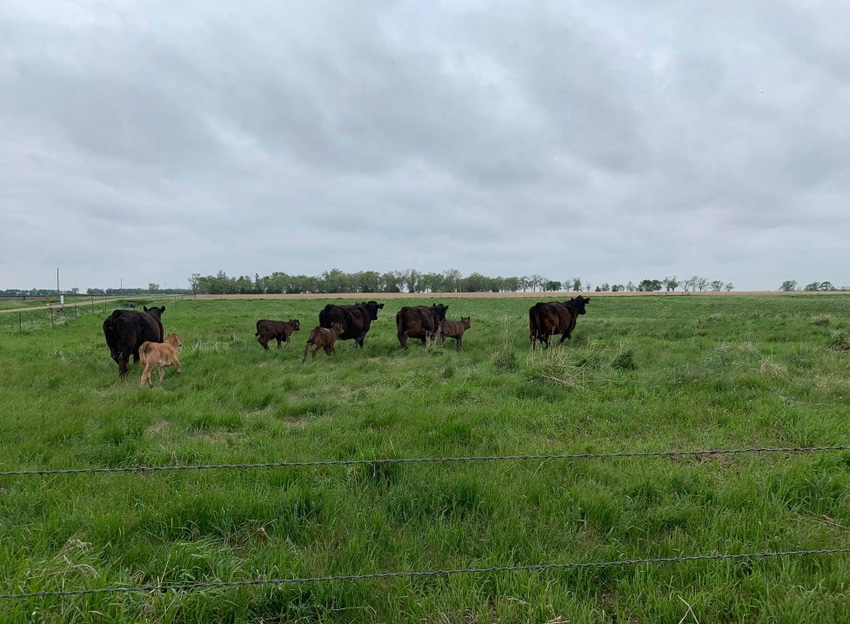Dear Jonathan Safran Foer: Meat is here to stay!
An inflammatory op-ed titled, “The end of meat is here” spurs this rancher and beef lover to respond.
May 22, 2020

I often get asked, “Amanda, what are your best tips for being a strong advocate for agriculture?” For me, my guiding principles are to always be kind and be factual.
And while that is effective most of the time, sometimes you have to draw a hard and firm line in the sand. Wrong is wrong, and right is right. And in the case of an op-ed that is going viral on social media, titled, “The end of meat is here,” this is definitely one of those times where the wrong is so bad, we must boldly, swiftly and strongly respond to be heard over the noise.
In his piece, Jonathan Safran Foer writes, “If you care about the working poor, about racial justice, and about climate change, you have to stop eating animals.”
I refuse to link to the article, but let me give you a few snippets:
He says, “We cannot protect our environment while continuing to eat meat regularly.”
And he adds, “We cannot protect against pandemics while continuing to eat meat regularly.”
Safran Foer is simply using this pandemic to push forward his own narrative that fits in the popular politically correct culture of today.
So, niceties aside, let me offer plainly and clearly a few very important tidbits:
1. Economies of scale allow us to feed a hungry planet. Providing protein for people prevents starvation. Taking away sources of food by “ending” animal agriculture only leads to greater human suffering.
2. Providing in-demand jobs for people, especially at a time where unemployment rates rival the Great Depression, is not racially unjust or taking advantage of the working poor. These jobs pay fairly well and the need is great to fill these positions in processing facilities. Where, pray tell, will the thousands of people employed by packing houses find work should you close them down?
3. Cattle are in-sync with nature. Whether they are grazing green grass in my South Dakota pastures or eating feedstuffs from crop production in a Texas feedlot, cattle up-cycle grains, by-products, distillers and other cellulosic materials to produce nutrient-dense beef and life-enriching by-products.
4. Should you attempt to replicate the equivalent of these animal products, it will require more natural resources, produce more waste and never equal what can be produced efficiently when utilizing an animal from nose to tail. By their very nature, ruminant animals kept on the land are a sustainable, regenerative choice for the planet in so many ways.
5. Most importantly, people deserve the best nutrition and beef is truly a superfood. With 10 essential nutrients including zinc, iron, protein and brain-enriching saturated fats, many studies have proven that consuming more, not less, meat, dairy and eggs can lead to incredible improvements in overall health, weight management, mental clarity, muscle retention, satiety, mood and so much more.
I could go on, but let’s keep this post short and sweet for now.
I’m certain this blog post won’t be well received by the activists, faux meat investors and folks of Safran Foer’s ilk who are chomping at the bit to see animal agriculture fail.
However, if we want to keep ranchers on the land and beef on the plate (a phrase I will continue to repeat over and over again), I ask you kindly to do two things for me today:
1. Share this blog post far and wide on social media and tag me when you do. Meat is here to stay, and we need people to know the truth about cattle on the land and meat on the dinner table.
2. Please share your stories of how beef has helped your health and/or how cattle on the range benefit the land. Email the New York Times at [email protected], and let’s flood them with positive information about animal agriculture and meat in the diet!
The opinions of Amanda Radke are not necessarily those of beefmagazine.com or Farm Progress.
About the Author(s)
You May Also Like




.png?width=300&auto=webp&quality=80&disable=upscale)
